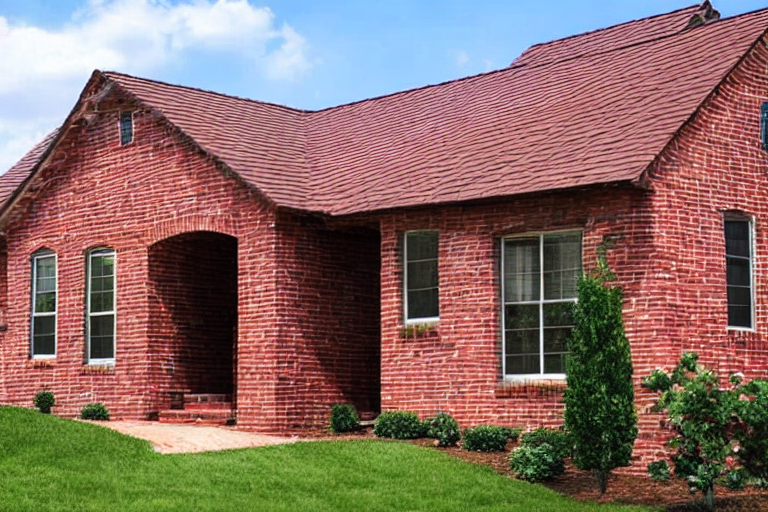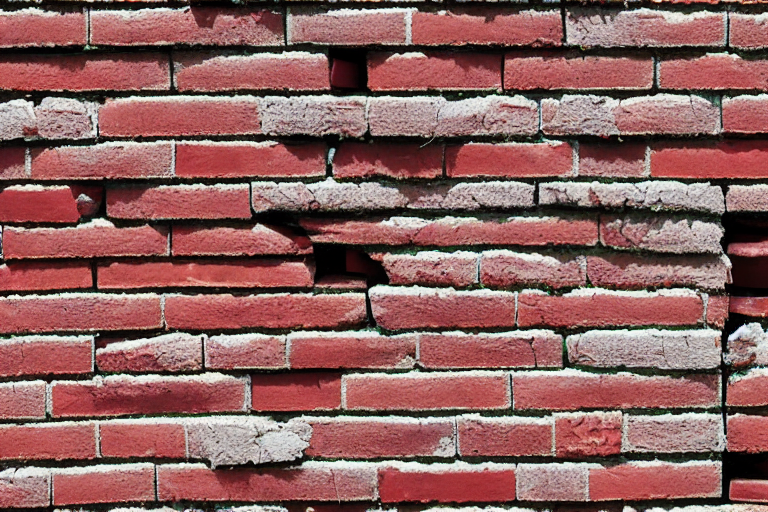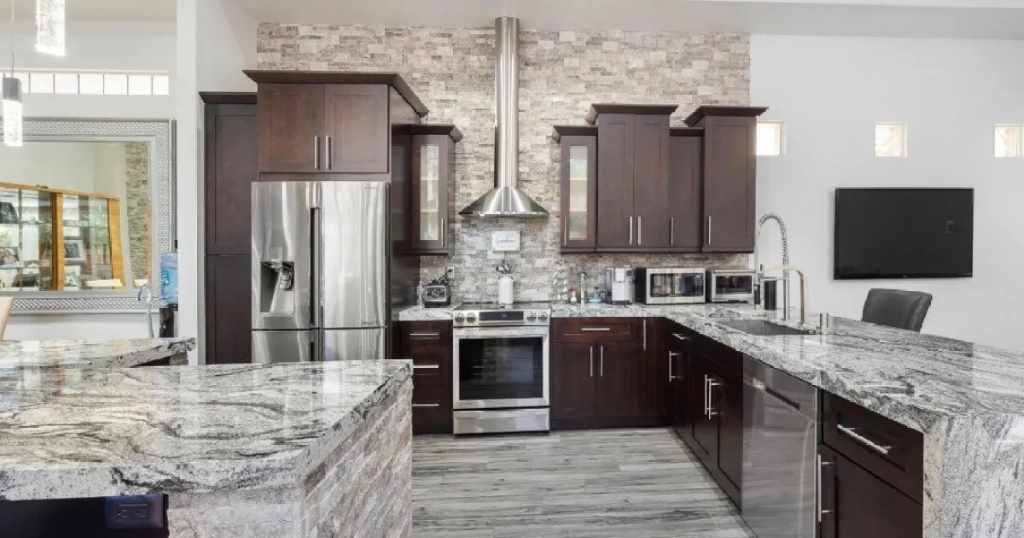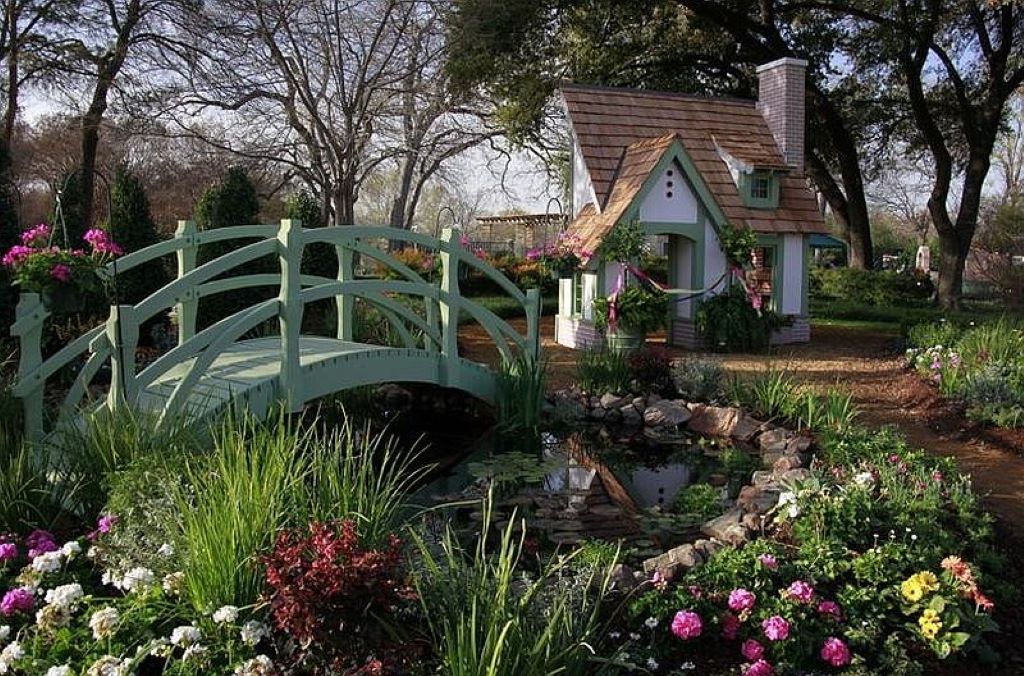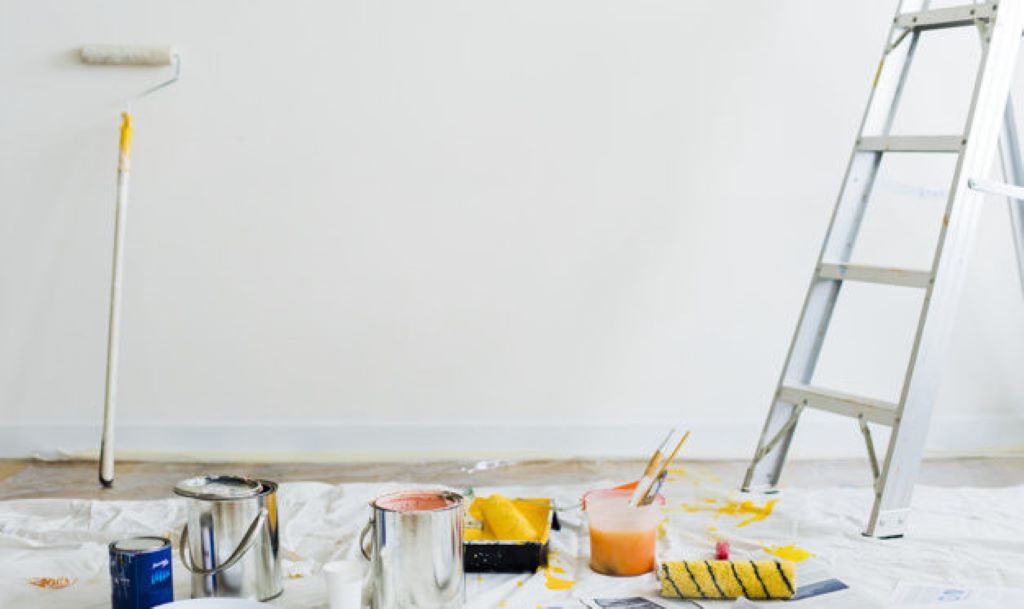Brick houses have long been considered to be more energy-efficient than other types of homes, thanks to their thick walls and solid construction. But does a brick house have better insulation? The answer is not always straightforward. There are a number of factors that can affect the insulation value of a brick house, including the type of brick, the thickness of the walls, and the presence of insulation in the walls. This content is provided by https://newhouseproject.com/
How Bricks Affect Insulation
The type of brick used in a house can have a significant impact on its insulation value. Denser bricks, such as clay bricks, tend to be better insulators than lighter bricks, such as concrete bricks. This is because denser bricks have fewer air pockets, which are responsible for conducting heat.
The thickness of the brick walls is also important. Thicker walls provide more insulation than thinner walls. A typical brick house has walls that are about 8 inches thick. This provides a good level of insulation, but it’s not the best that you can get. Discover how much does home insulation cost?
The Role of Insulation
Even if a brick house has thick walls, it may not be as energy-efficient as it could be if it has insulation in the walls. Insulation is a material that slows down the flow of heat. It can be added to the walls of a brick house to improve its insulation value. Additionally, if you have a swimming pool in your backyard, ensuring your home is properly insulated can also help to keep your pool at a comfortable temperature and reduce energy costs.
There are a number of different types of insulation that can be used in brick walls. The most common type is fiberglass insulation. Fiberglass insulation is made from small glass fibers that are held together with a binder. It is a relatively inexpensive and easy-to-install type of insulation.
Another type of insulation that can be used in brick walls is cellulose insulation. Cellulose insulation is made from recycled paper fibers. It is a more sustainable option than fiberglass insulation, but it is also more expensive.
How to Insulate a Brick House
There are two main ways to insulate a brick house: externally and internally. External insulation is installed on the outside of the walls. This is the most effective way to insulate a brick house, but it can be more expensive and disruptive to install.
Internal insulation is installed on the inside of the walls. This is a less expensive and disruptive option, but it is not as effective as external insulation.
The Benefits of Insulating a Brick House
There are a number of benefits to insulating a brick house. Insulation can help to reduce your heating and cooling costs, improve the comfort of your home, and make it more energy-efficient.
According to the U.S. Department of Energy, insulating your home can save you up to 20% on your heating and cooling costs. This can add up to hundreds or even thousands of dollars in savings over the years.
Insulation can also help to improve the comfort of your home. In the winter, insulation can help to keep your home warmer and more comfortable. In the summer, insulation can help to keep your home cooler and more comfortable.
Finally, insulation can make your home more energy-efficient. This means that your home will use less energy to heat and cool, which can help to reduce your environmental impact.
Conclusion
Brick houses can be energy-efficient, but they may not be as efficient as they could be without insulation. If you own a brick house, you may want to consider having it insulated to improve its energy efficiency and save you money on your energy bills.
FAQs About Brick House Insulation
How much does it cost to insulate a brick house?
The cost of insulating a brick house will vary depending on the size of the house, the type of insulation used, and the method of installation. In general, expect to pay between $1,000 and $5,000 for external insulation and $500 and $1,500 for internal insulation.
- How long does it take to insulate a brick house?
The amount of time it takes to insulate a brick house will also vary depending on the size of the house and the method of installation. External insulation can take anywhere from a few days to a few weeks to install. Internal insulation can typically be installed in a few days.
- What are the benefits of insulating a brick house?
As mentioned above, insulating a brick house can help to reduce your heating and cooling costs, improve the comfort of your home, and make it more energy-efficient. It can also help to increase the resale value of your home.

